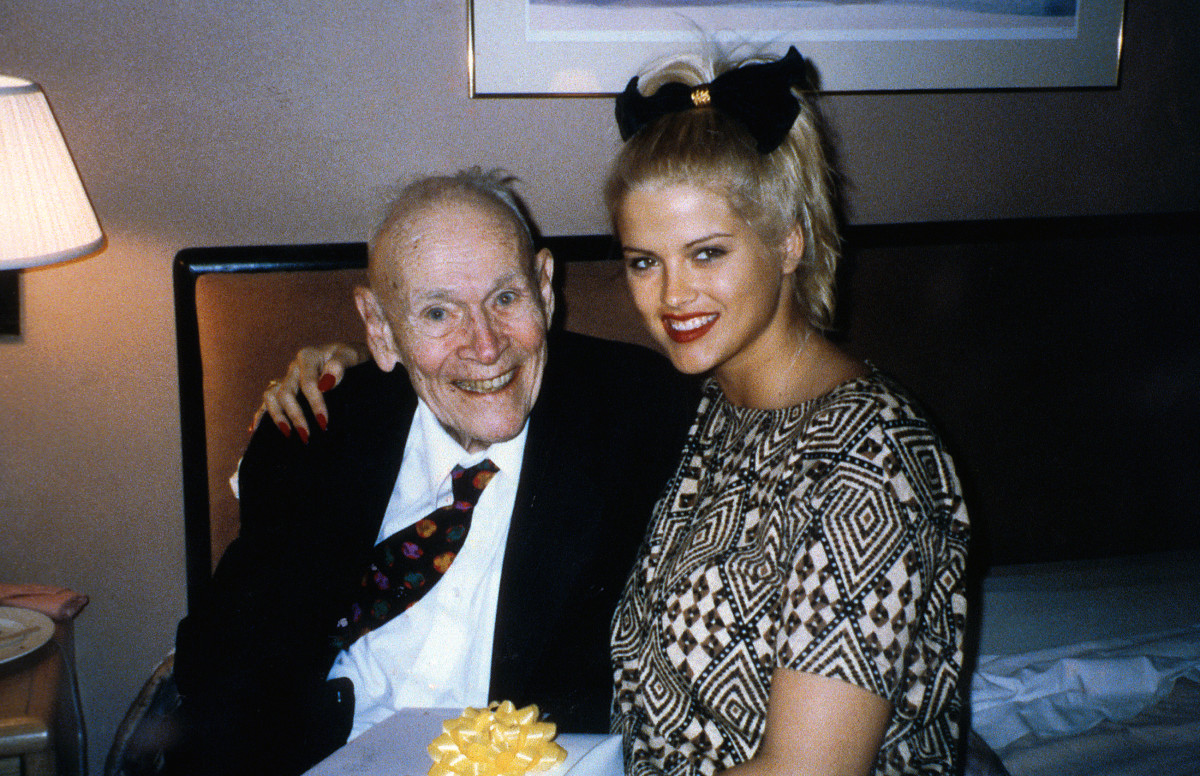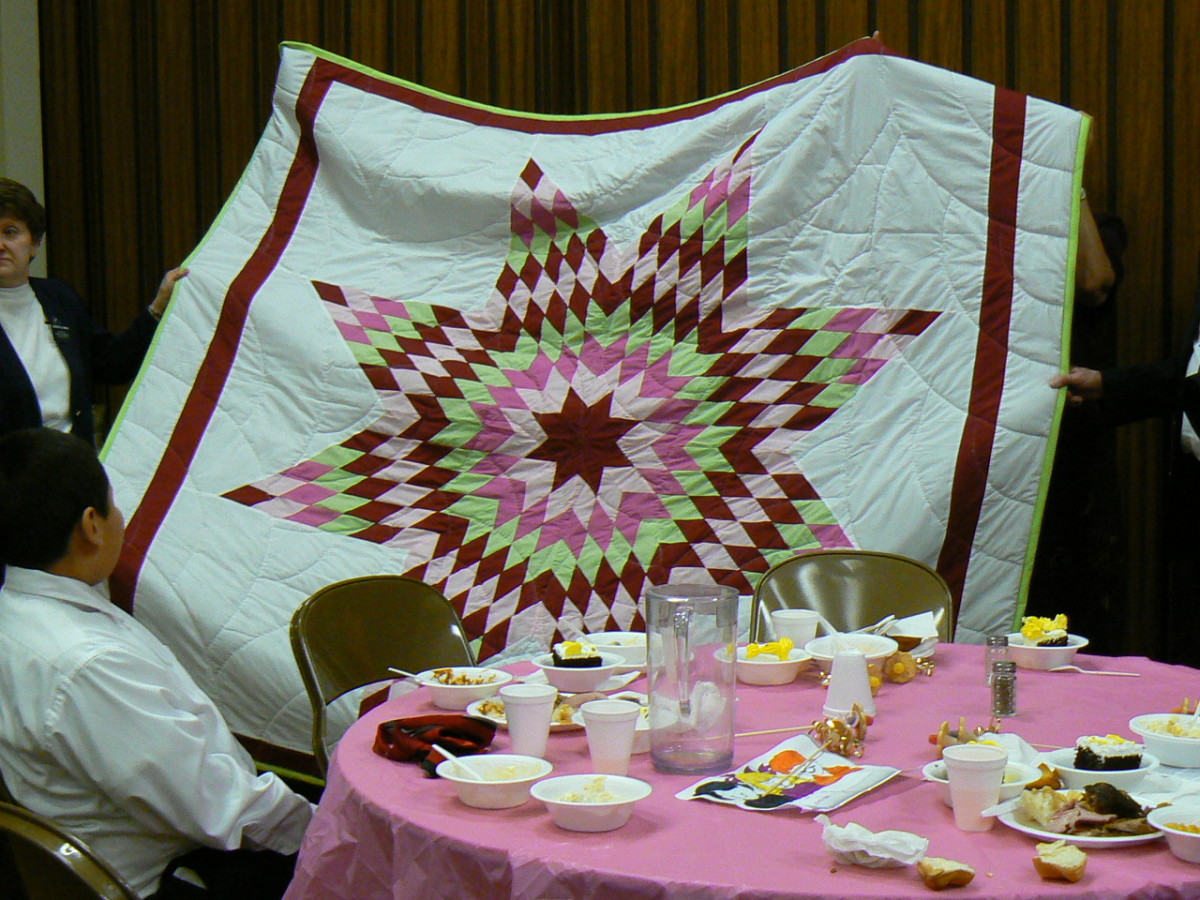Nerd Rage - 3 Articles Forecasting the Evolution of Nerd Culture

The Nerd Shall Inherit the Earth
Once a pariah term used to bully or socially isolate, "nerd" has become a more careworn, at times endearing, moniker. Usually, it refers to anyone with a deep fascination in a topic beyond everyday purview. But now that "nerdom" has established itself as a viable co-culture, how does one articulate its boundaries in an increasingly technology reliant society? The stereotype of a pocket calculator wielding "Poindexter" proves misplaced in an era where nearly everyone carries a device that calculates sums, G.P.S. tracking and baseball statistics. Obsession over a single subject seems harmless with literally dozens, nigh hundreds, of television stations and internet sites devoted to obscure sports, ethnic foods and craft beer.
These anecdotes compel the question: has society subsumed nerd culture or are we experiencing the corollary? Based on this query, the following sites have been provided to chart and investigate the scope and trajectory of nerd culture in a society that has increasingly adapted its quintessential traits.
Melissa Marshall: Talk Nerdy to Me
Melissa Marshall: Talk Nerdy to Me
http://www.ted.com/talks/melissa_marshall_talk_nerdy_to_me
Conventional wisdom says that jargon and technical language obstruct meaningful communication with an audience as it damages rapport. Marshall here absorbs and massages this axiom as an invitation to scientists and engineers. The presentation explicitly solicits her colleagues most provocative and complex ideas with a caveat; that the "nerds" of advanced scientific fields find efficacious ways to reach their audience on a visceral, empirical level. One cannot overlook the entendre of Marshall's title. Its connotation evokes a romantic, even intimate, context that many "nerds" might only rarely experience in their everyday lives. In effect, Marshall's composition serves as formal invite for nerds to eschew self-isolation and sit at the "cool kids" table (with the promise of "action" should they perform with clarity and concision).
Discussion Point: Though brief, Marshall's speech does raise a question as provocative as its entendre: will nerds only be socially accepted if they can distill their interests for wider comprehension. While the presentation promises the difference between "dumbing down" and merely simplifying, one wonders who has the authority to demarcate these boundaries.
Is "Nerd" a Bad Word?
The last time you heard or used the word "nerd" in a sentence, did it connote positive or negative meaning?
Nerdom at 30 - The Saga of the Oldness Tinged Nerd
http://nerdbastards.com/2012/05/04/nerdom-at-30-the-saga-of-the-oldness-tinged-nerd/
A more direct (even crass) appeal to nerd culture derives from the nerdom internet hub, Nerd Bastards. Rather than rage against nerd discrimination, features writer Jason Tabrys here laments his own waning interest in nerd culture. Examples include being unwilling to undergo sleep deprivation for a science fiction fantasy convention, anathema to cosplay and aversion with midnight movie premiere lines. In the hearts blood of the editorial, Tabrys proclaims: "Things could be smart and popular at the same time way back when, cartoons had soul, and action figures were cheap. Back then music was made by humans who played instruments, and comics were made with words, not endless splash pages and the sole purpose of leading readers to buy the next crappy tie-in book that links to 8 other un-related books." The composition concludes with a litany comparison of contemporary and decades old media (obviously placing premium on the latter's quality).
Discussion Point: At first blush, the article might not seem appropriate for a sincere investigation of nerd culture in the twenty first century. Closer inspection, however, reveals the composition's fascinating begged question; that nerdom is "cool enough" to presume that only the young, hip and vigorous can truly arrest its "cutting edge." Tabrys offers no criticism for "mainstream" culture as he presumes an equivocal ratio between popular and nerd based media.
Patton Oswalt's Star Wars Filibuster
Wake Up, Geek Culture. Time to Die
http://www.wired.com/2010/12/ff_angrynerd_geekculture/all/1
Comedian, writer and performer Patton Oswalt begins his editorial epitaph by defining the nerd in relation to the Japanese word, "otaku." Literally translated "someone's else's house," the designation refers to the nerd tendency of obsession over typically overlooked or even avant garde media - television, comics, cult films. Oswalt (proudly) admits his early discovery of second wave superheroes only to decry a contemporary landscape saturated with the once esoteric trappings of otaku culture:
The topsoil has been scraped away, forever, in 2010. In fact, it’s been dug up, thrown into the air, and allowed to rain down and coat everyone in a thin gray-brown mist called the Internet. Everyone considers themselves otaku about something—whether it’s the mythology of Lost or the minor intrigues of Top Chef and American idol inspires—if not in depth, at least in length and passion—the same number of conversations as does The Wire. There are no more hidden thought-palaces—they’re easily accessed websites, or Facebook pages with thousands of fans. And I’m not going to bore you with the step-by-step specifics of how it happened. In the timeline of the upheaval, part of the graph should be interrupted by the words the Internet. And now here we are.
The sum of Oswalt's analysis is that tools such as social media have deflated the oblique, nigh cabal, qualities of nerdom; the capacity to pursue such select obsessions past everyday reason. The ease of which contemporary nerds now obtain information on their interests counters the fundamentals of geek culture.
Discussion Point: On the surface, Oswalt's observations can be eschewed as hipster criticism; that the value of an individual's interests are based on the parity of "you've probably never heard of it." The proposition draws two immediate responses. In rebuttal, one has to question the value of certain media when their commodity derives exclusively from esotericism. In advance of Oswalt's argument is the notion of depicting nerd culture as a particular historical era; one that has enough media to support otaku while exhibiting ample gatekeepers to give such otaku value.
Get Your Geek On!
Know any other online resources concerning the evolution or ascendancy of nerd culture? I look forward to your comments and thank you in advance for any kind words. Check out my other Hub Pages for additional suggestions for navigating college assignments, studying philosophy or "getting your geek on."








